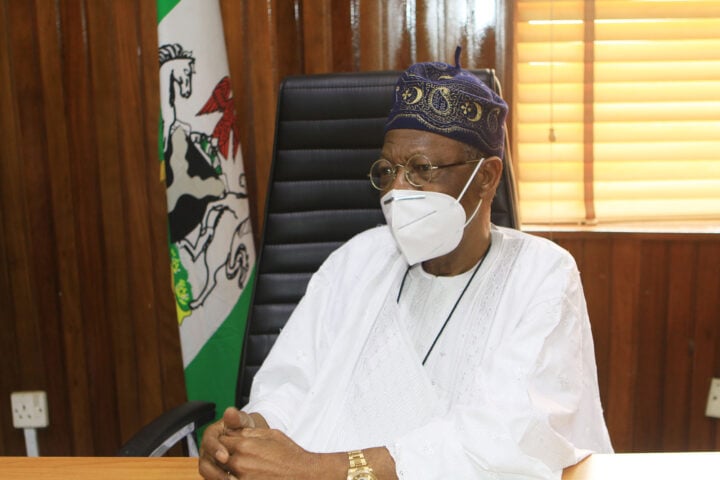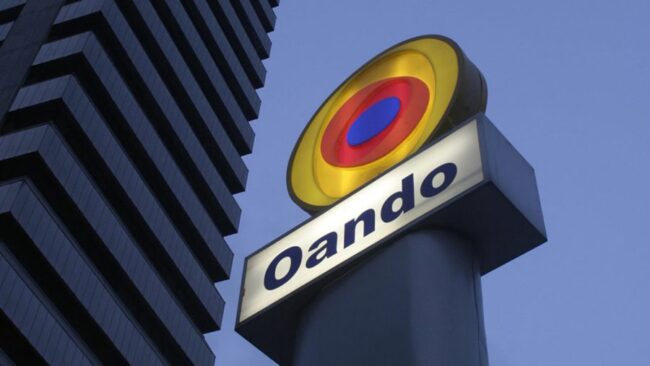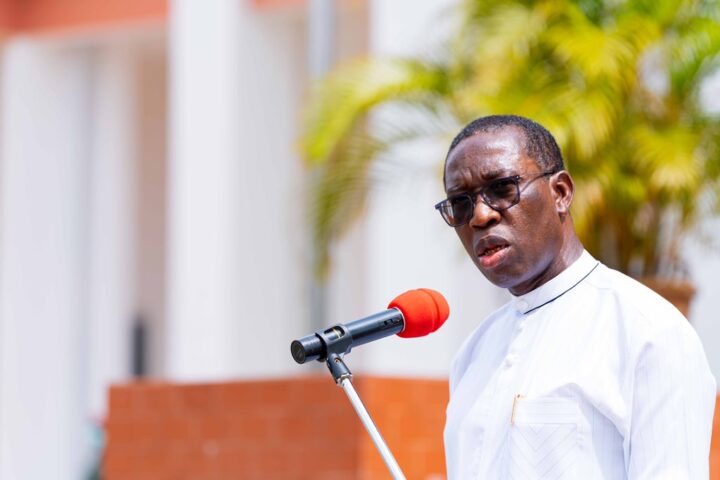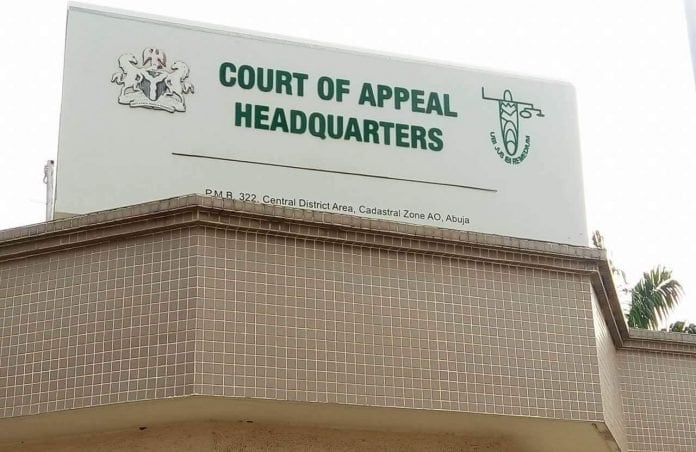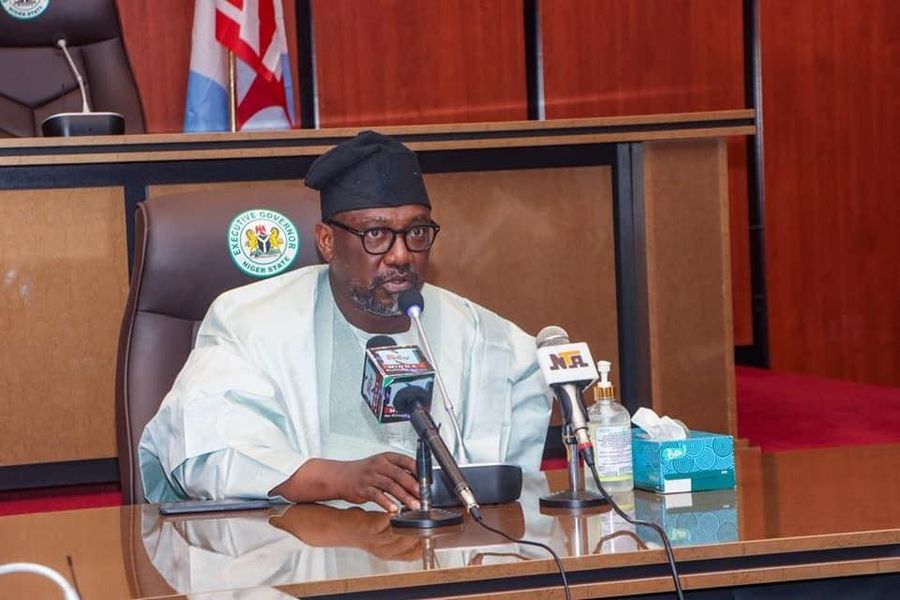The federal government says Nigeria’s poor rating on the 2020 Corruption Perception Index (CPI) by Transparency International (TI) is as a result of inadequate data showing the present administration’s efforts.
In January 2021, TI released the 2020 corruption index in which Nigeria scored 25 out of 100 points — with zero signifying the worst performing countries and 100, the best-ranked.
This is the country’s worst rating since 2015.
Reacting to the rating at the time, Mohammed had said the figure was not a true reflection of the administration’s efforts in the fight against corruption, while Garba Shehu, presidential spokesman, had alleged that TI is made up of members of the opposition.
Advertisement
Speaking with journalists on Wednesday at the end of the federal executive council (FEC) meeting, the information minister said the government will ensure that necessary data is available for all sectors, in order to enable TI access it for future ratings.
Mohammed, however, noted that the country is working on improving its rating across all sectors, evident in the initiation of reforms to facilitate transparency and ease of doing business, especially in the port sector.
“We actually also analysed the process that the TI used in the rating that was used recently and we found quite a few discrepancies in the rating process, including some data sources in which Nigeria’s course has remained flat over the past 10 years,” he said.
Advertisement
“It’s either we’ve not flooded enough data or they have not revised all data because we found it strange that the country’s rating in certain areas has remained the same for a period of 10 years and we are taking the media measures so that they can get this data in respect of these sectors, because we believe that it’s not possible for you not to improve, for you not to lose points for 10 years. So, there’s a bit of discrepancy there.
“So, the federal government, through its presidential council on ease of doing business, has embarked on certain reforms at the ports, at the Corporate Affairs Commission, that will make it easier to do business. We saw the rating, but it does not reflect correctly the efforts of this government in trying to curb corruption.
“The government has put in place various reforms in fighting corruption, but some of these reforms will take time to yield the desired results because the matrix used by TI is not just about grafts alone. It includes how transparent or how opaque the services are, and you’ll find out that when we scored in the 2018, 2019 transparency reports, we realised that we scored very low in the area of ease of doing business in particular.
“That is why the federal government embarked on reforms, especially at the seaports, because that is one area where we scored very low. You’ll see that in recent times, we’ve embarked on numerous reforms at our seaports so that our rating will improve.
Advertisement
“We realised that following the release of 2019 TI corruption perception index, we initiated reforms to improve on ease of doing business indices. This is because we found that up to 40 percent of the country’s corruption perception survey indices related to business, process and general public service delivery.
“So, that is why we are concentrating on the ease of doing business, making sure that people can get to the ports, clear the goods in good time and by the time some of these start yielding fruits, I’m sure that perception will improve.”
Add a comment
